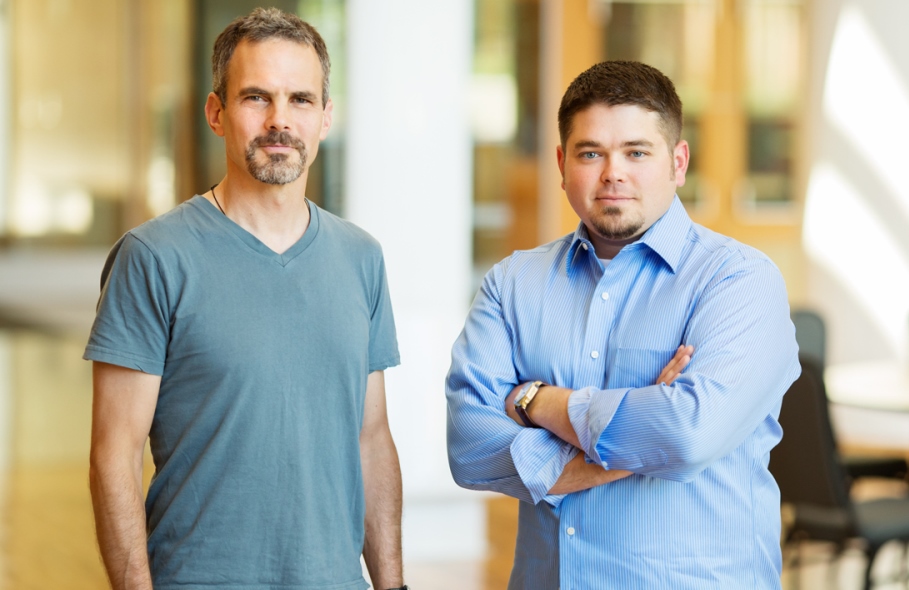Wealthy donors, think tanks major influences on education policy, study finds
by Sharita Forrest / Mar 11, 2016

A new study suggests venture philanthropists are dramatically reshaping public education policymaking in the U.S. by funding integrated networks of think tanks and advocacy organizations that work together to push through to implementation education laws that these wealthy donors favor.
The study, published in the journal The Australian Educational Researcher, was co-written by Christopher Lubienski, a professor in the Department of Education Policy, Organization & Leadership, and T. Jameson Brewer, a doctoral student in the same department.
The trend isconcerning because these policy networks, funded by a small set of philanthropies, sometimes marginalize democratic processes and silence critics as they shepherd into law untested concepts such as parent trigger laws that may have little research evidence to back them up, according to the researchers.
Donors are giving at unprecedented levels and want to manage how their contributions are used. Their vast wealth provides the means to create, fund, and mobilize the necessary resources to influence public opinion and lawmakers, a process that researchers call “idea orchestration.”
Think tanks supported by venture philanthropists play a key role in this process by legitimizing policy ideas and acting as conduits between private interests and policymakers, according to the researchers.
“Traditionally, think tanks such as Rand and Brookings played roles similar to universities, functioning as knowledge producers. However, the new landscape is giving rise to new policy networks of intermediary organizations, such as the Center for Education Reform and the Network for Public Education, whose key function is to collect, package and promote—but not necessarily produce—research evidence that aligns with the agendas of their funders,” said Lubienski, who is the director of the Forum on the Future of Public Education at Illinois.
Brewer added that while it may seem laudable that wealthy philanthropists want to use their money to improve schools, the emerging pattern of how they are going about it is cause for concern.
“Their reliance on business-style strategies to push an idea that was orchestrated through think tanks highlights the marginalization of democratic channels and the rise of privatized policymaking,” he said.
Graduate student Priya Goel La Londe also was a co-author on the study.
Read the full Illinois News Bureau article.